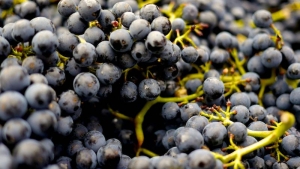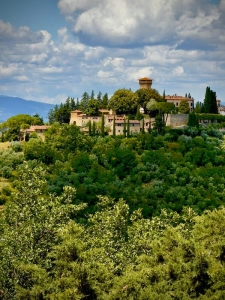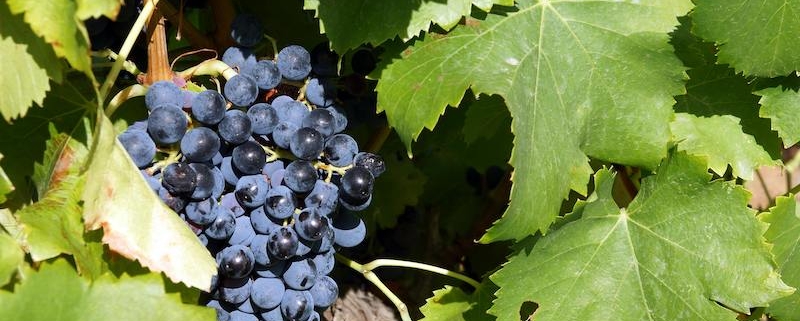International Mavrud Day: Bulgaria’s grape of nobility
International Mavrud Day is on October 8th and is a day to celebrate one of Bulgaria’s most beloved native grape varieties, Mavrud. Wine lovers and enthusiasts can learn more about the history and specifics of this noble grape that produces robust and unique red wines.

Mavrud
Mavrud is an old grape variety that has been grown in Bulgaria for centuries, mainly in the Thracian Valley. The name “Mavrud” is derived from the Greek word “mavro” meaning “black” as the grape is black. Mavrud grapes have thick skins which give them their deep colour and tannin structure and are perfect for aging.
Wines made from Mavrud are full bodied with rich flavours and aromas, dark berries, plums, spices and sometimes earthy notes. The wine has balanced acidity and tannins that can develop beautifully with age and give a complex and velvety mouthfeel.
A Long History
Mavrud history goes back to ancient times with references in Thracian texts, one of the earliest wine producers in the region. Archaeological evidence shows that winemaking in Bulgaria has been going on for over 6,000 years and Mavrud is one of the few varieties that has survived through the ages.
Ancient Roots
The earliest written records of Mavrud can be found in Thracian tombs where wine vessels have been found along with artifacts that show the importance of winemaking in Thracian culture. The Thracians were known for their winemaking skills and Mavrud was probably one of the native varieties they grew.

Medieval
In the Middle Ages Mavrud started to spread beyond Bulgaria. Historical records show that Mavrud was a wine of nobility, especially during the reign of Tsar Ivan Shishman in the 14th century. The wine was popular not only in Bulgaria but also in the neighboring regions and was served at royal banquets and feasts.
Ottoman Era and Resilience
The Ottoman Empire had a big impact on Bulgarian viticulture during their rule from the late 14th century until the late 19th century. While the Ottomans promoted the cultivation of many grape varieties, many traditional native varieties, including Mavrud, were continued to be grown by local winemakers.
Despite all the challenges Mavrud survived in the Thracian Valley where the climate and soil was perfect for growing high quality grapes. The variety is resilient as it is still present in Bulgarian vineyards despite the decline.
20th Century Revival
In the 20th century Mavrud faced challenges with the rise of international grape varieties, especially during the communist era when the focus was on mass production. But after the democratic changes in Bulgaria in the early 90s there was a big revival of interest in native grapes.
Winemakers started to appreciate Mavrud’s unique characteristics and focused on high quality wine production. The revival of traditional winemaking practices together with modern techniques brought back Mavrud as a respected and sought after wine on both local and international markets.

International Mavrud Day
International Mavrud Day aims to:
- Celebrate Bulgarian Heritage: This day promotes Mavrud as a symbol of Bulgaria’s wine heritage. It keeps the national pride and preserves the native grape varieties.
- Promote Mavrud Worldwide: The day promotes Mavrud wines globally, in wine markets around the world. Wine enthusiasts and professionals are encouraged to try and share their Mavrud experiences.
- Explore and Taste: Wine lovers can participate in Mavrud tastings, events and festivals and discover the grape’s different expressions and food pairings.
Conclusion
International Mavrud Day is an opportunity to try and celebrate one of Bulgaria’s most loved indigenous grape varieties. As you drink Mavrud on this day, take a minute to appreciate the history, tradition and passion that goes into every bottle. Whether you’re a wine connoisseur or new to Bulgarian wines, Mavrud has a lot to offer. Cheers International Mavrud Day!




Leave a Reply
Want to join the discussion?Feel free to contribute!